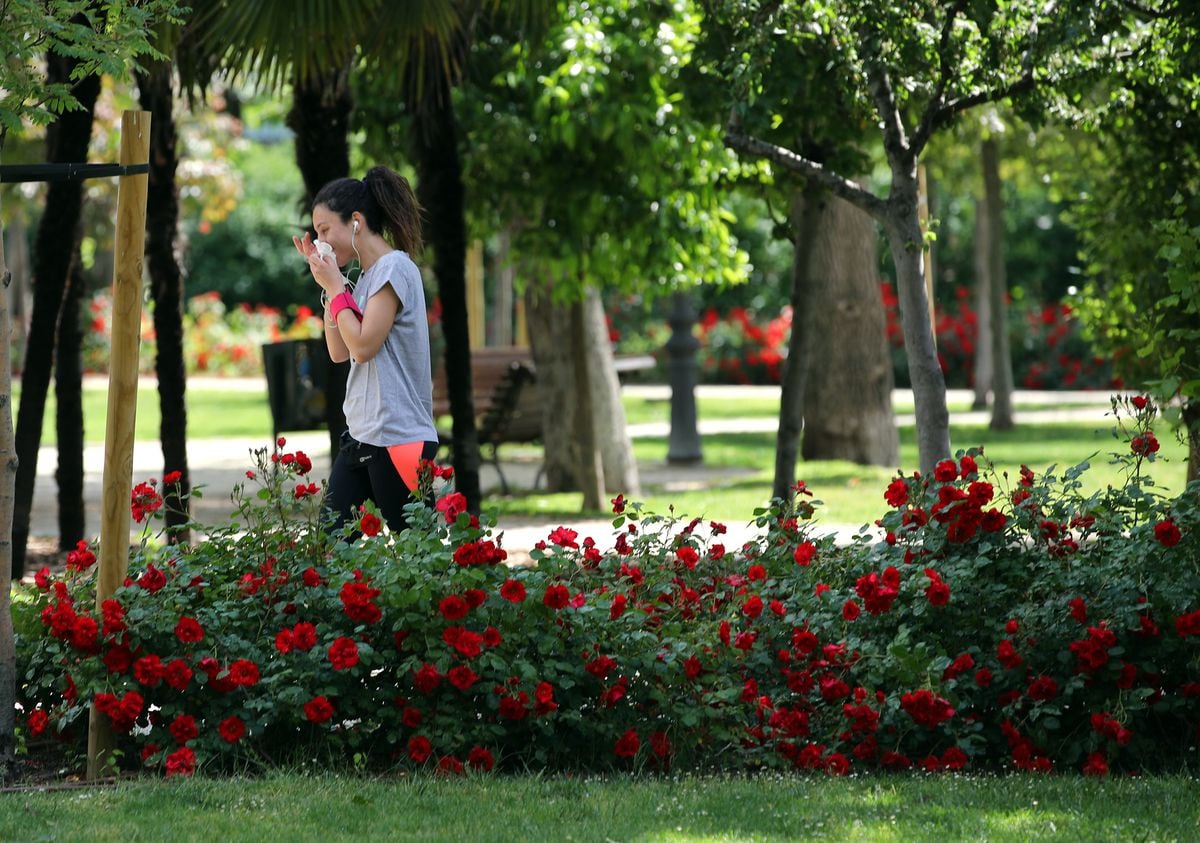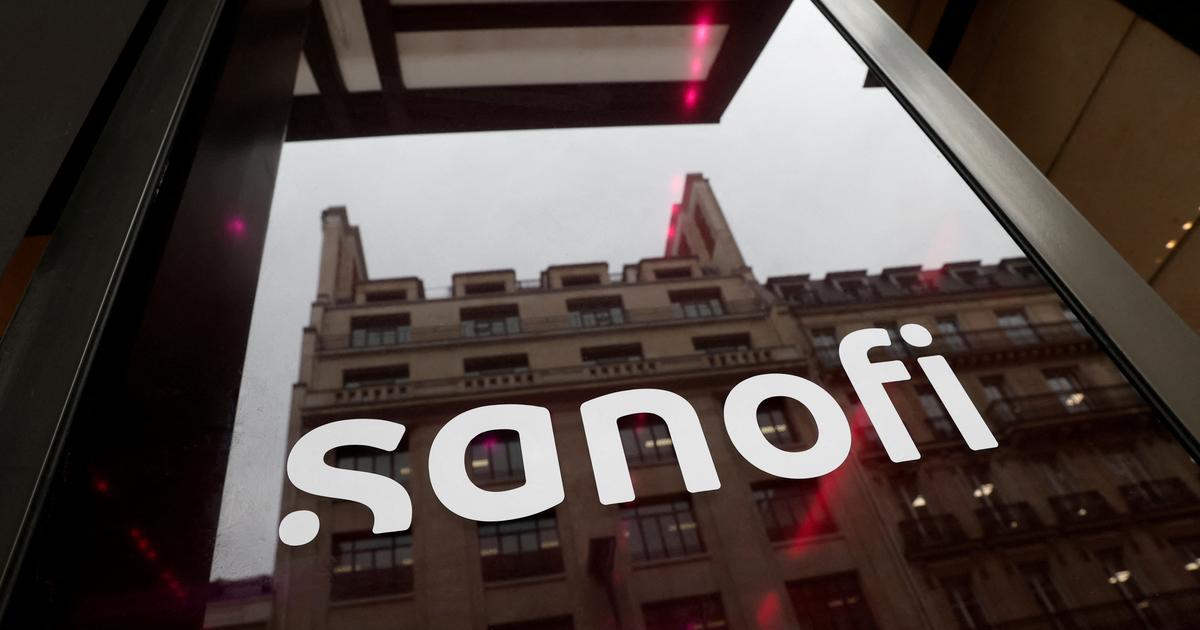The Swiss multinational Nestlé has halted the launch of Palforzia, the first drug approved by the European Medicines Agency (EMA) against peanut allergy, after the drug's sales failure in the United States.
This has been communicated by the company to the Ministry of Health, which planned to assess the inclusion of the treatment in Spanish public health at the meeting last February of the Interministerial Commission on the Price of Medicines (CIPM).
"The laboratory has suspended the launch activities of the drug," the minutes of the meeting show.
A company spokesman confirms that "the launch has been paralyzed throughout Europe" and that the future of "Palforzia is under strategic review."
The decision is a hard blow for what had been a great bet by the food multinational to grow in the pharmaceutical sector.
In September 2020, Nestlé announced the purchase of 100% of the biopharmaceutical company Aimmune Therapeutics, which had developed the drug.
The investment made, some 2,400 million euros, has been greatly devalued by what the company describes in its 2022 annual report as a "slower-than-expected acceptance [of treatment] among patients and health professionals" in EE The accounts for the year show an impairment of almost 2,000 million and the company is now exploring a possible sale of Aimmune Therapeutics.
There are no precise data on how many children are allergic to peanuts in Spain.
The surveys carried out indicate that food allergies affect between 0.5% and 2% of minors, although the most frequent are eggs and milk.
“Nuts and peanuts are another important cause, although hazelnuts and walnuts are more common within this group in Spain.
But there are notable differences between areas and population groups due to genetic factors, exposure, diet...", explains Felipe Thorndike, from the Spanish Society of Clinical Immunology, Allergology and Pediatric Asthma (SEICAP).
Palforzia is indicated for children between the ages of 4 and 17 diagnosed with this allergy, an ailment that is especially distressing for families due to the risk that accidental ingestion of this legume —although it is usually considered a nut— triggers an anaphylactic reaction, a extreme immune system response that can be deadly.
The drug does not cure allergies, but trials and real-life data have shown high effectiveness.
“81% of patients tolerate two grams of peanut protein after two years of treatment.
And 96%, one gram”, details Montserrat Fernández Rivas, head of the Allergy Service at the San Carlos Clinical Hospital (Madrid).
One gram of protein is the amount contained in five or six peanuts.
“These tolerance levels make it possible to largely avoid the greatest risk of these allergies, which are anaphylactic reactions due to accidental consumption.
With peanuts, it is not intended that the product can be consumed regularly, as with milk and eggs, but rather the objective is to provide safety and quality of life to patients and families", adds this specialist, who has participated in the trials carried out in Spain with Palforzia.
"If the life of any person with food allergies can be quite complicated, a child to peanuts is a constant concern for parents", corroborates the president of the Spanish Association of People with Food and Latex Allergies ( AEPNAA), Angel Sanchez.
"You have to review everything he eats, read the composition of what you buy, make him aware, manage it with school and the activities he does outside the home, make sure he always has adrenaline on him... You never just take off never the fear of the body because there are foods that can contain it in small doses or the child can unknowingly eat a sweet or cake that has it among its ingredients ”, he summarizes.
Palforzia consists of an oral immunotherapy that gradually and controlled exposes the body to the same substance that causes the allergy, in this case defatted powdered peanut protein that should be taken mixed with soft foods such as fruit puree or yogurt.
In a first phase, which is administered in a health center, the minor receives very small but increasing amounts of the protein for several hours.
If the evolution is good, the daily doses are increased at home in cycles of two weeks.
This second phase lasts at least 22 weeks and, if it is successful, the specialist will prescribe a maintenance dose on a chronic basis, which the person must continue to take even after reaching the age of 18.
At all times, the patient must continue to avoid eating peanuts and carry an injection of adrenaline with them since, as in this type of immunotherapies, a small group of patients may present an allergic reaction to the drug itself or accidentally ingest it in sometime.
Palforzia follows a desensitization model that is already applied in some hospitals, although the problem is that not all do it and there is no consensus on how to do it, the specialists explain.
Some teams use peanut flour and others cream, the doses are not always the same either... “The great advantage of Palforzia is that you have the guarantee that what you are administering is reproducible and highly researched.
You know that the dose is established and that it has gone through quality control.
Using traditional peanut flours has the drawback that the protein concentration can vary naturally and this influences the actual doses administered," says Montserrat Fernández Rivas.
The failure in sales in the United States of the Palforzia —which had also begun to be marketed in other countries such as the United Kingdom and Germany— has been the subject of intense debate among analysts and experts.
One of the reasons mentioned has been its price (about 4,000 euros per patient and year).
Another is the scant benefit perceived by some physicians and patients, forced to take a drug daily that also forces them to maintain a peanut-free diet and habits such as carrying adrenaline injections with them without this ensuring that they always get rid of a reaction.
Ángel Sánchez, despite everything, highlights the advantage that families would enjoy enjoying the "safety and tranquility mattress given the much lower risk of suffering an anaphylactic reaction."
Felipe Thorndike, who practices at the Sant Pau hospital in Barcelona and Mútua de Terrassa, points out that it is preferable to assess the advisability of undergoing treatment on a case-by-case basis.
“In other countries, where peanut allergy is more frequent and this food is much more present in the diet, its use is more justified.
In Spain, where it is relatively easy to avoid its use, it may not be necessary to force this immunotherapy in all cases.
It must be valued with each family.”
Montserrat Fernández Rivas considers that the halt in the sale of Palforzia is "a shame" for two reasons: "For allergic patients, because this was a therapeutic option for them.
And also for scientific progress, because this was the only approved treatment for food allergy and this could slow down the investment and development of others in research”.
Some analysts believe that Nestlé's lack of experience in the pharmaceutical sector may also explain the failed launch of Palforzia.
“The company has resorted to a common practice, the purchase of another company that had achieved approval for a new drug.
But this case illustrates that this is not always a guarantee of success.
Market access strategies are very complex.
You have to know how to convince professionals about the advisability of an innovation, prepare for very slow growth during the first years, set a price that the market is willing to pay... Big pharmaceutical companies have extensive experience in this field and Nestlé It has probably been penalized by being a company relatively unrelated to the sector”, assesses Enrique Castellón,
The registry of clinical trials of the Spanish Agency for Medicines and Health Products (AEMPS) currently includes two drugs in development against peanut allergy, both from Novartis.
According to company data, the first is a monoclonal antibody, ligelizumab, currently in phase III and whose studies are expected to conclude in May 2025. The second, still in phase II, is remibrutinib, an inhibitor of the BTK enzyme. that prevents development of allergic reactions.
Subscribe to continue reading
Read without limits
Keep reading
I'm already a subscriber






/cloudfront-eu-central-1.images.arcpublishing.com/prisa/Y2BIFXUV3BATVIDZTAF5F7ZSNI.jpg)


